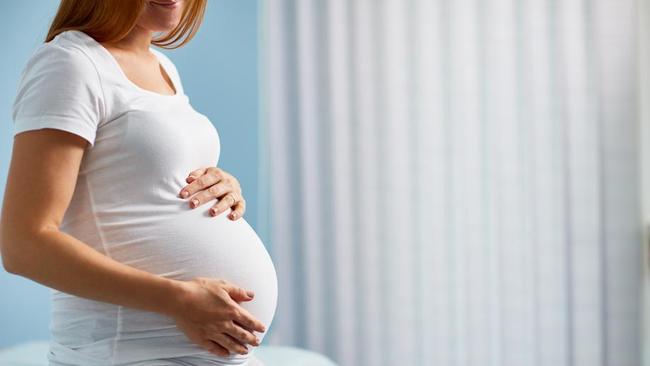New surrogacy laws coming to Parliament after John Rau concedes current proposal is flawed
SURROGACY laws that would have created a register of women willing to carry babies are being watered down because the State Government concedes the new rules are “too difficult” to enact.
SA News
Don't miss out on the headlines from SA News. Followed categories will be added to My News.
- Push to give single women access to surrogacy in South Australia
- Would-be SA mothers look to surrogates overseas
SURROGACY laws that would have created a register of women willing to carry babies are being wound back because they would be “too difficult” to enact.
Concerns were also raised that women may be exploited by such a register.
Laws to make unpaid surrogacy in South Australia easier were passed more than two years ago but Government work to draft related regulations had stalled.
The delay has prompted Opposition MP John Dawkins to push a new Bill through Parliament because “biological clocks are ticking”.
The original laws required the Government to establish a register of potential local surrogates who could be matched with prospective parents, and to draw up a framework covering who could access the register, medical criteria for potential surrogates and rules about advertising and international surrogacy arrangements as a last resort.
Attorney-General John Rau has since taken expert advice on those changes and determined that they were “flawed” and “could not be implemented”.
Mr Dawkins has now drafted a Bill, based on a New South Wales model, which removes the register and framework.
It still allows for altruistic surrogacy but not commercial arrangements. Penalties of between one and five years jail would apply.
Parents who commission a surrogate would be able to reimburse the woman for medical, legal and other costs and would be required to ensure she received counselling if needed.
Married, de facto or same-sex couples are eligible if they have been together for at least three years and are infertile or at risk of passing on a serious disease or condition to a baby.
Surrogacy is also an option if it would be dangerous for a woman to carry a child.
All involved must be assessed by a counsellor and aged 18-plus.

Upper House MPs voted to approve the legislation on the changes on November 1.
They now need approval from the Lower House before Parliament rises at the end of the year.
“There are a lot of very private people out there in the community who have been very nervous about the fact that this has been languishing for so long,” Mr Dawkins said.
“For most of these people, the women involved particularly, their biological clocks are ticking, and 27 months is an extraordinary amount of time (to have waited).”
Mr Dawkins had also wanted a minister to approve international surrogacy agreements, in a bid to avoid scenarios like the 2014 baby Gammy case in which a WA couple left a child in Thailand after he was diagnosed with Down syndrome.
However, Mr Rau had indicated that this would be “too cumbersome”.
Deakin University Associate Professor in health law Sonia Allen, who advised Mr Rau, warned against “collecting the names of women and placing them on a list” of surrogates.
She feared the original laws “would create a system in which women and children could be exploited or commodified”.



